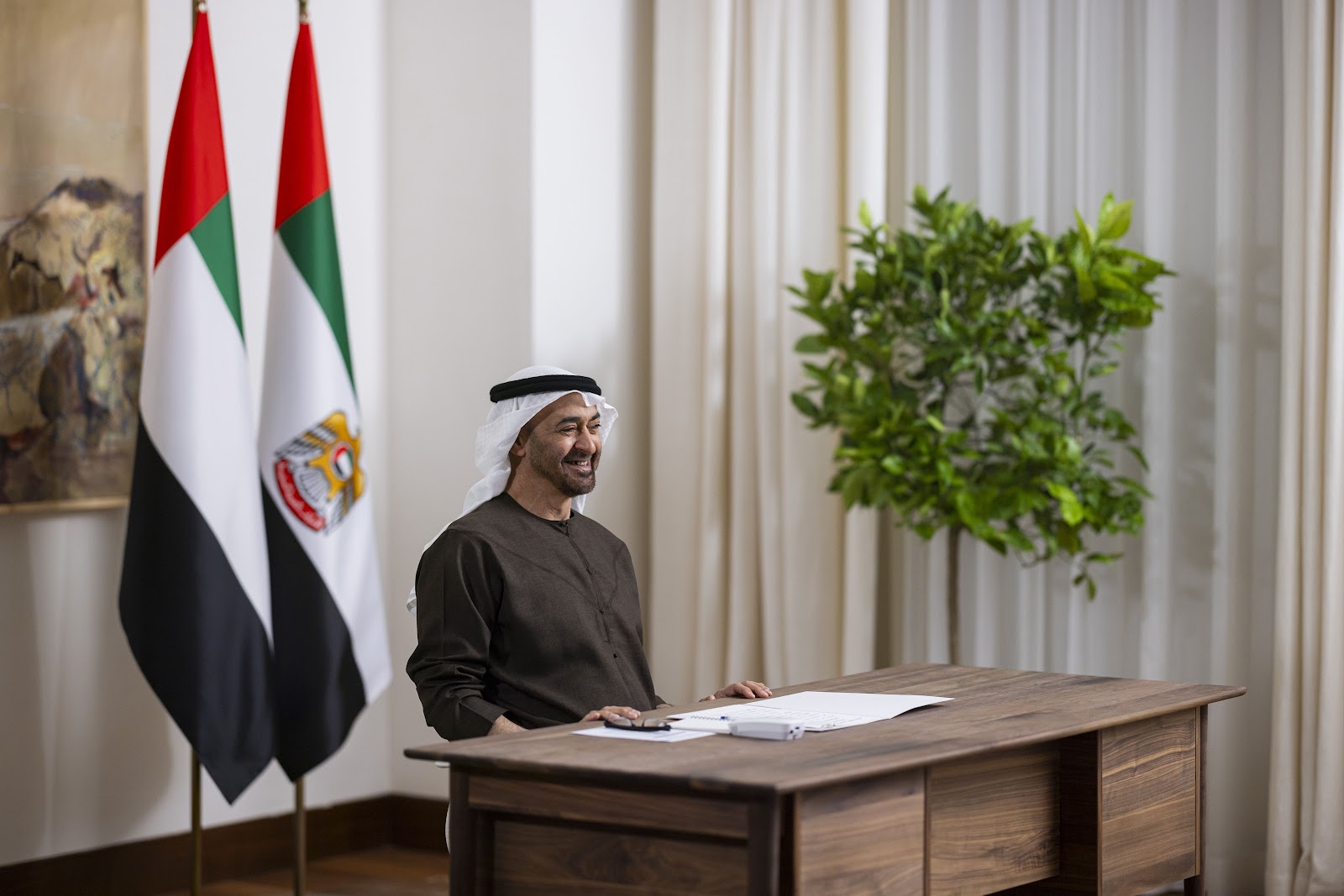The United Arab Emirates has expanded its global network of economic alliances by signing a comprehensive economic partnership agreement with Costa Rica. This marks Costa Rica's first such agreement with a Middle Eastern nation and is part of the UAE's ambitious strategy to bolster its non-oil economic sectors through international collaboration.
This partnership is expected to significantly enhance trade flows, increase private sector cooperation, and open up new investment opportunities in key areas such as logistics, aviation, and infrastructure. The non-oil trade between the two countries has already seen a robust growth, increasing by 7 percent from last year and showing a 31 percent rise since 2021, totaling over $65 million in 2023.
Sheikh Mohammed bin Zayed Al Nahyan, the UAE's president, emphasized the strategic alignment of the two nations, both of which prioritize innovation, sustainability, and economic diversification. This agreement promises to deepen ties and foster mutual growth and development.
On the economic front, Costa Rica shows a promising outlook with its GDP projected to grow between 3.2 and 3.9 percent this year, according to Strategy Negocios magazine. The estimates are supported by data from the UN, the World Bank, and the International Monetary Fund.
President Rodrigo Chaves Robles of Costa Rica expressed optimism about the agreement, highlighting its potential to unlock significant trade and investment opportunities that could lead to greater prosperity for the people of both nations.
Since the initiation of its Comprehensive Economic Partnership Agreement (CEPA) program in September 2021, the UAE has successfully forged partnerships with over a dozen countries, including India, South Korea, Kenya, and the Republic of Congo. Ongoing negotiations with other nations like Australia, Malaysia, the Philippines, and Vietnam aim to further expand this economic network, with Vietnam nearing a finalized deal to enhance bilateral trade already nearing $9 billion.
In 2023, the UAE achieved a record high in non-oil trade, reaching AED 3.5 trillion (approximately $953 billion), underscoring the effectiveness of its diversification efforts and its growing role on the global economic stage.




No hay comentarios:
Publicar un comentario